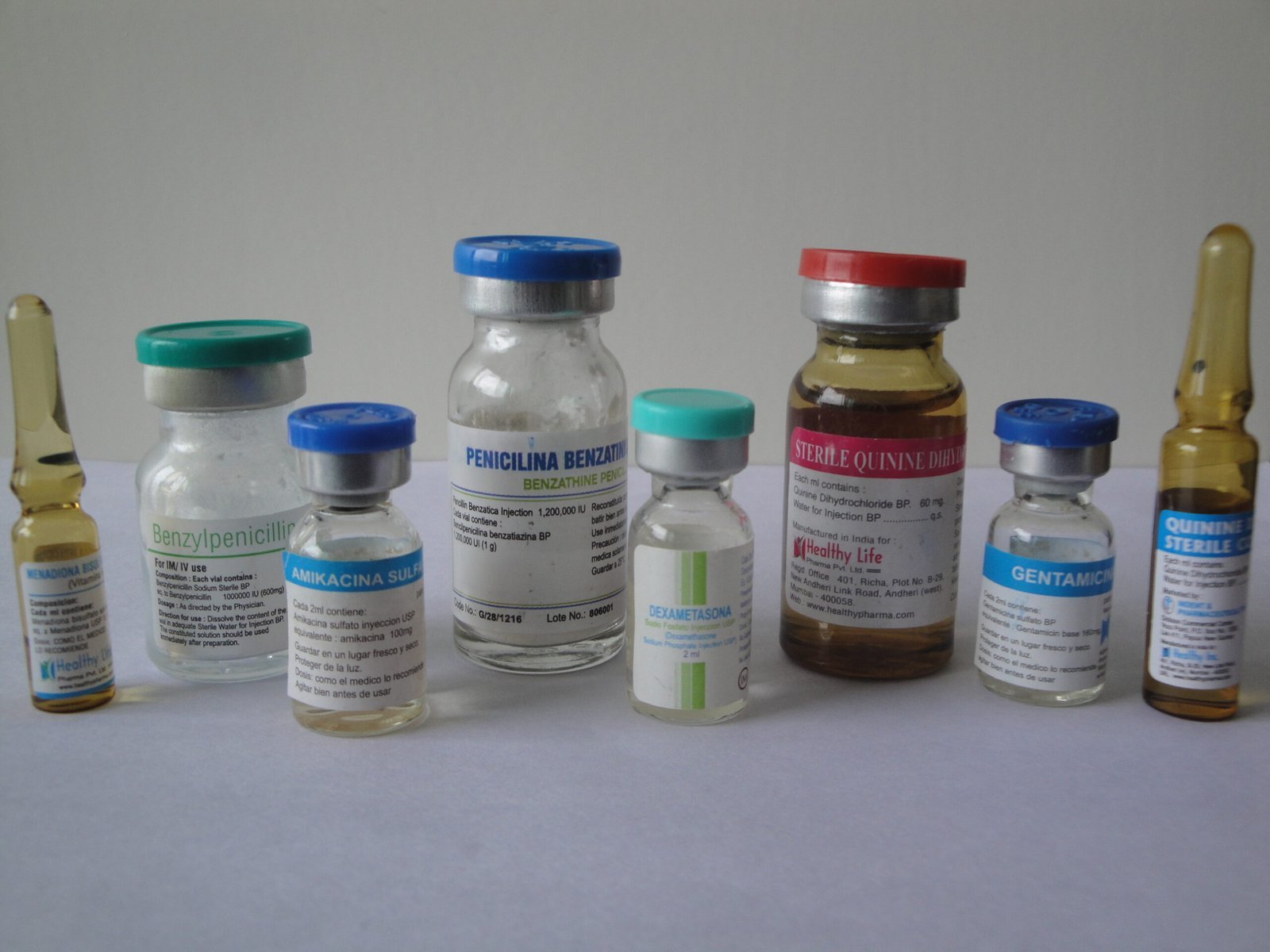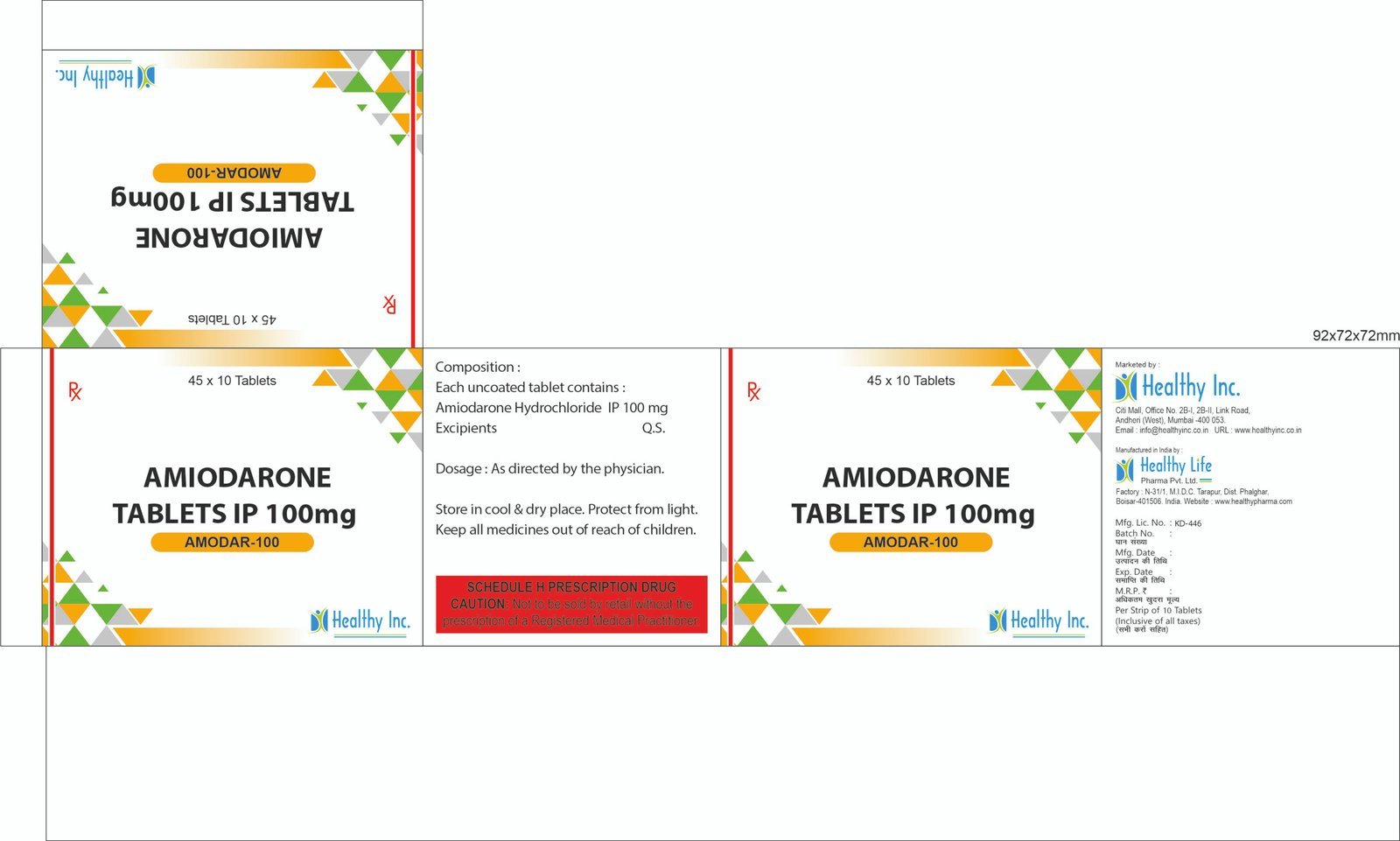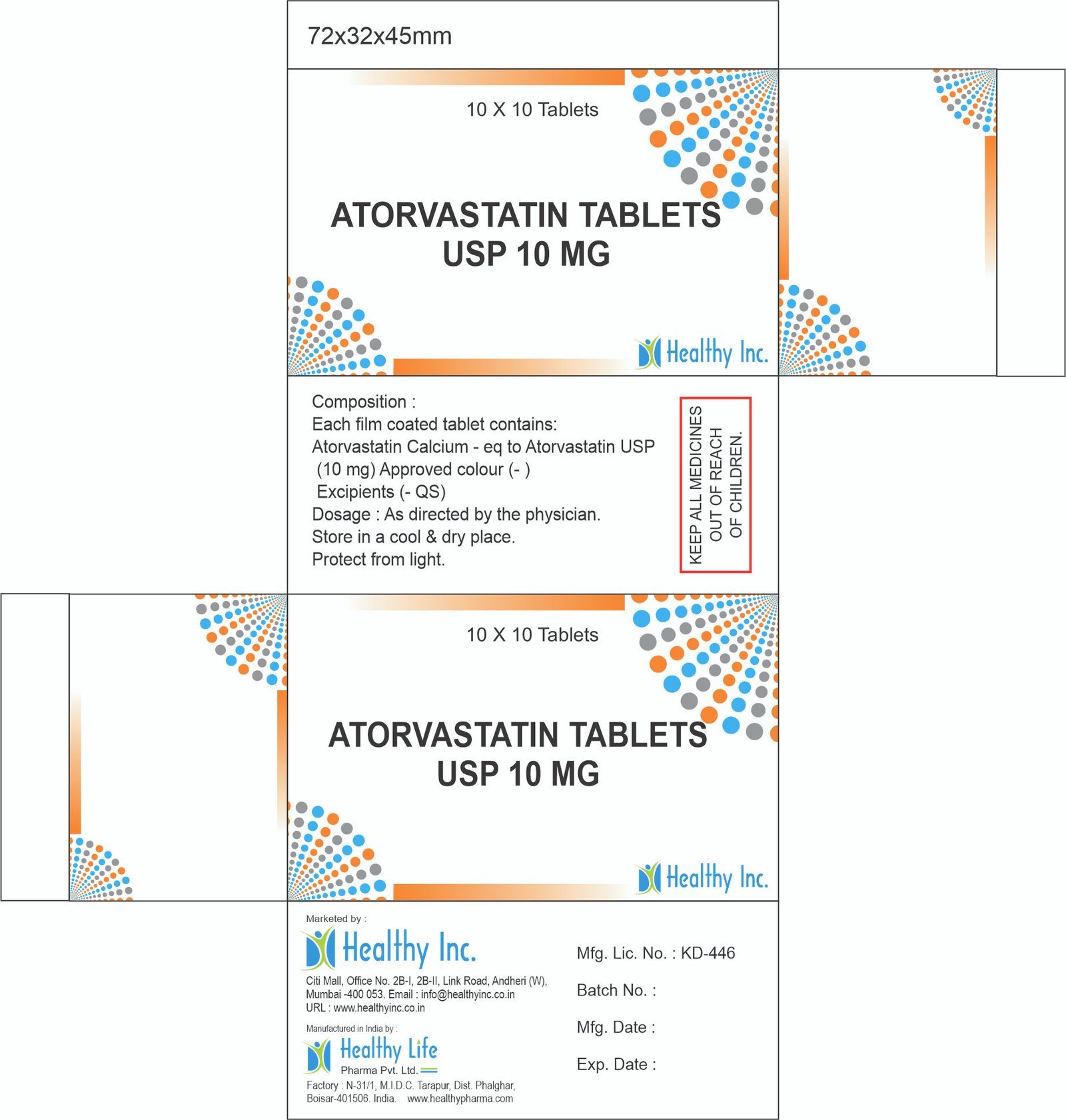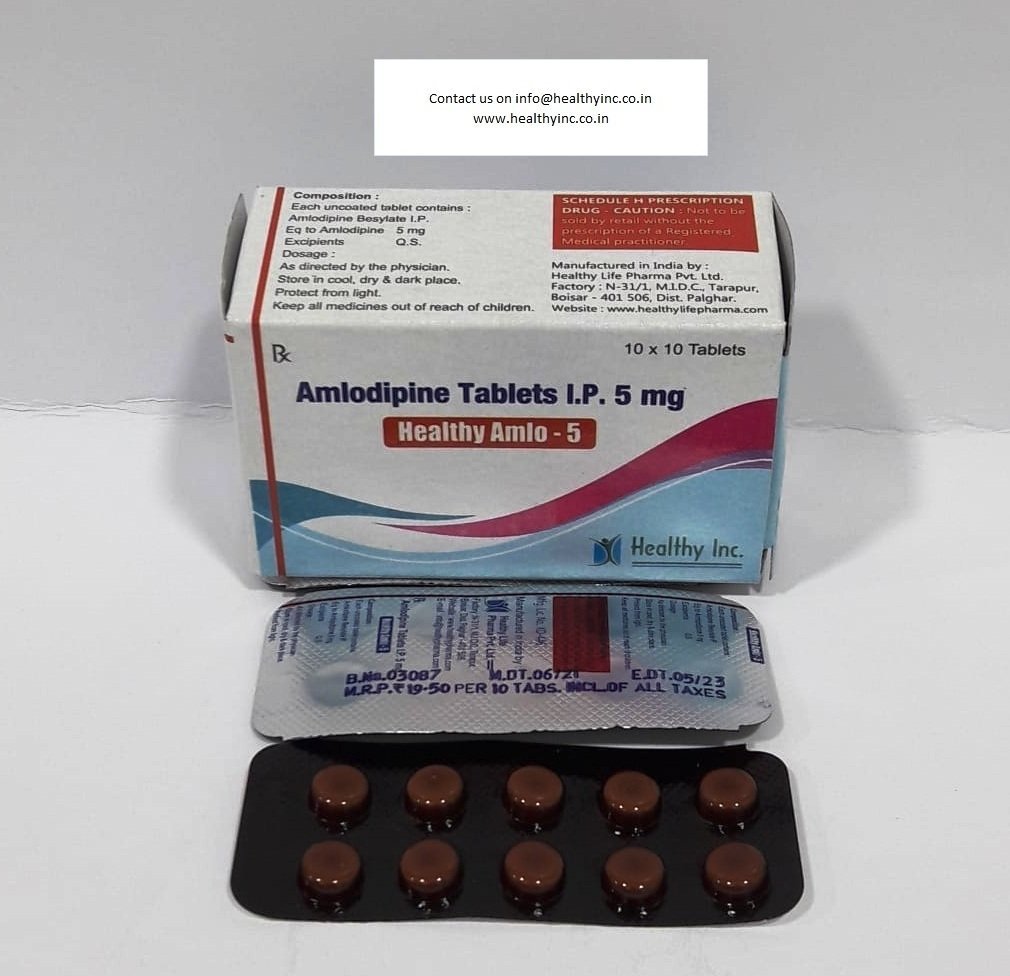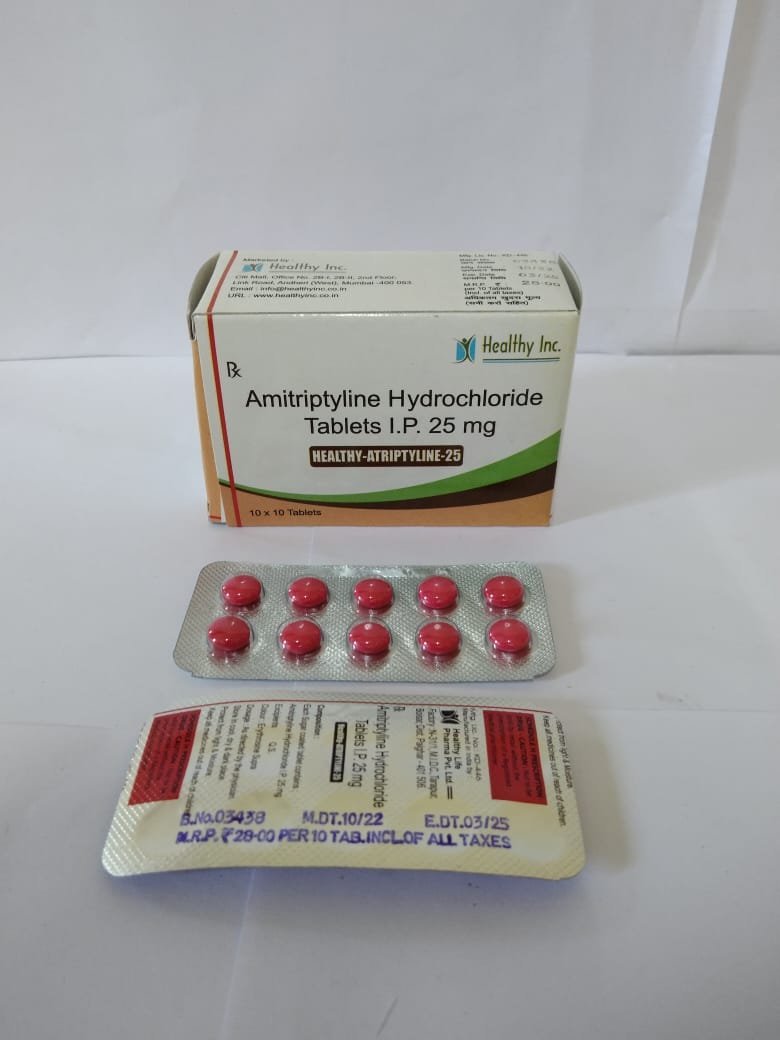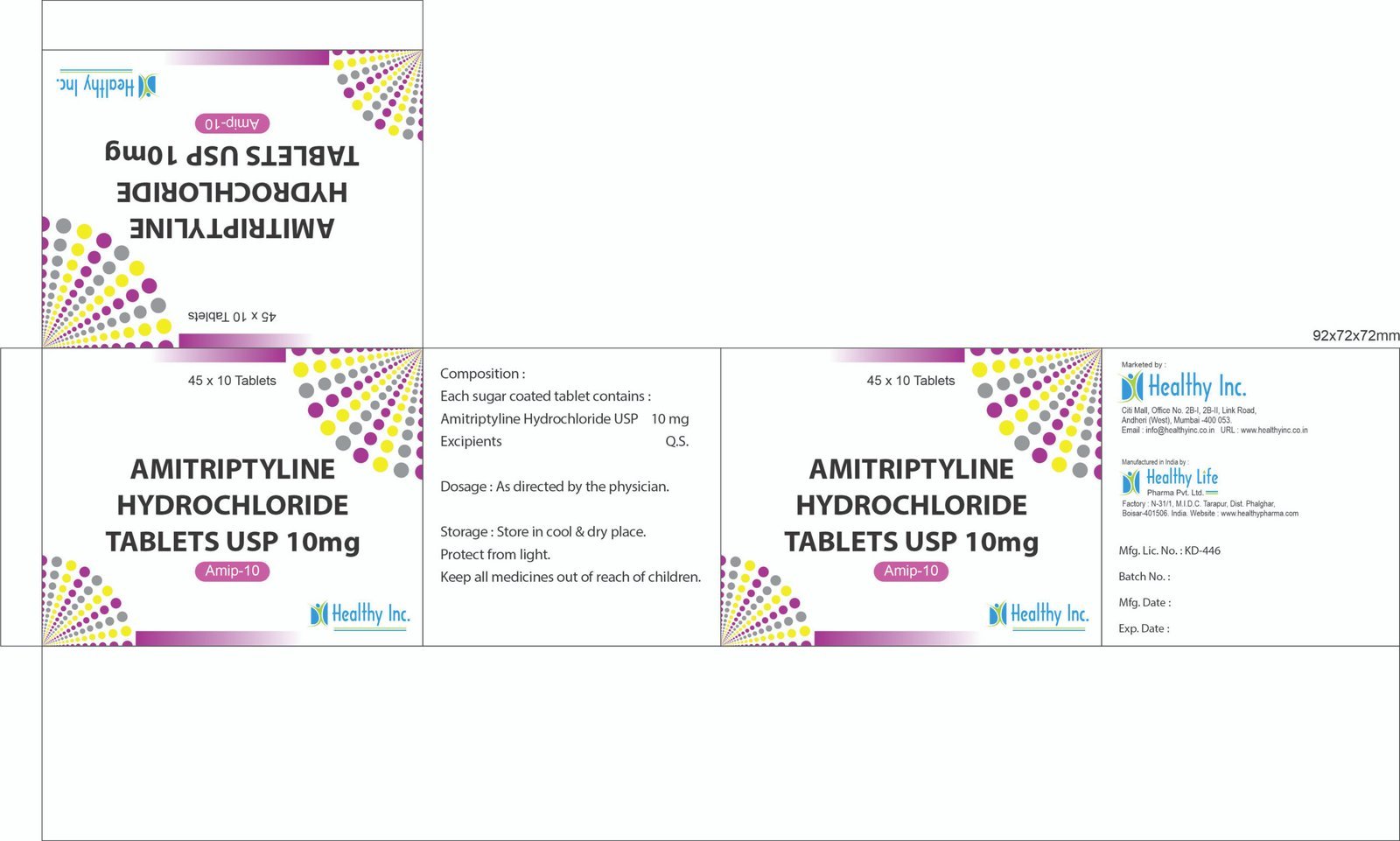Description
Chloroquine Phosphate Injection (Veterinary)
Healthy Inc is a specialized global supplier and exporter of veterinary anti-protozoal injectables. We provide high-purity Chloroquine Phosphate Injection, sourced from WHO–GMP certified sterile facilities. This targeted anti-theilerial agent is a top export to dairy farms and livestock management firms in Africa, LATAM, and Southeast Asia, specifically valued for the treatment of tick-borne protozoal diseases in cattle and sheep.
Product Overview
This formulation contains Chloroquine Phosphate, a 4-aminoquinoline derivative with potent anti-protozoal activity.
The “Tick-Borne” Specialist:
- Theileriosis Control: Acts as an effective therapeutic agent against Theileria annulata (Tropical Theileriosis), a common tick-borne disease affecting cattle.
- Anaplasmosis: Used as a supportive treatment for Gall Sickness (Anaplasmosis) to reduce parasitemia.
- Anti-Inflammatory: Provides secondary anti-inflammatory benefits, helping to reduce the high fever (pyrexia) associated with blood-parasite infections.
- Safe Alternative: Often used as a cost-effective alternative in regions where resistance to newer theilericides is not yet established.
Product Composition & Strength
We supply this sterile injection in multi-dose amber glass vials.
| Active Ingredient | Strength (Standard) | Concentration | Role |
|---|---|---|---|
| Chloroquine Phosphate IP/BP/USP | 64.5 mg / mL | 6.45% w/v | Anti-protozoal Agent |
| (Equivalent to Chloroquine Base) | 40 mg / mL | 4.0% w/v | Active Moiety |
| Chlorocresol | 0.1% | — | Antimicrobial Preservative |
| Water for Injection | Q.S. | — | Vehicle |
*Pack Sizes: 30ml, 50ml, or 100ml Multi-dose Amber Vials.
Technical & Logistics Specifications
Critical data for Veterinary Importers and Distributors.
| HS Code | 3004.90.99 (Other Medicaments) |
| Dosage Form | Sterile Liquid Injection (IM / SC / Slow IV) |
| Packaging | Amber Glass Vial (Light Sensitive) |
| Storage | Store below 30°C. Protect from Light. Do not freeze. |
| Certificates | WHO-GMP, COPP (Vet), Free Sale Certificate |
Manufacturing Authority
Marketed and Distributed by Healthy Inc from WHO-GMP & ISO 9001:2015 certified veterinary units.
- Stability: The molecule is sensitive to light; our filling lines use amber glass Type-I vials to prevent photodegradation.
- pH Balance: Buffered to ensure the solution is tolerated well via the Intramuscular route, minimizing injection site irritation in livestock.
Therapeutic Indications (Veterinary Use Only)
Indicated for Cattle, Sheep, Goats, and other livestock:
- Theileriosis: Treatment of clinical cases caused by Theileria species.
- Anaplasmosis: Management of Anaplasma marginale infections.
- Babesiosis: Sometimes used as an adjunct in Babesia infections (Redwater), though Imidocarb is the primary choice.
- Pyrexia: Non-specific reduction of fever associated with protozoal infections.
Dosage & Administration
Recommended Dosage (Strictly as per Veterinarian):
- Route: Intramuscular (IM) or Slow Intravenous (IV).
- Cattle & Buffalo:
- Standard Dose: 5 mg to 10 mg (Chloroquine Base) per kg body weight.
- Volume Calculation: Approx. 15 mL to 25 mL per 100 kg body weight (based on 40mg/ml strength).
- Sheep & Goats: 5 mg to 10 mg (Base) per kg body weight.
- Frequency: Once daily. Usually administered for 3 to 4 days depending on the severity of the infection.
- Withdrawal Period:
- Meat: 7 Days.
- Milk: 3 Days (6 milkings).
Safety Warnings:
- Toxicity: The margin of safety is narrow. Do not overdose. Overdose can cause cardiac arrhythmias and convulsions.
- IV Administration: If given IV, it must be injected very slowly to prevent acute hypotension (collapse).
- Species Specific: Do not use in cats (highly toxic). Use with caution in dogs.
Commercial Inquiries
For veterinary tenders, bulk export, or distributor pricing, please contact our export team.
WhatsApp/Call: +91 7710003340
Email: info@healthyinc.co.in

